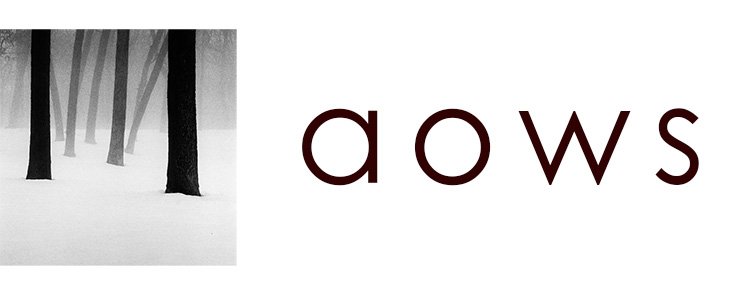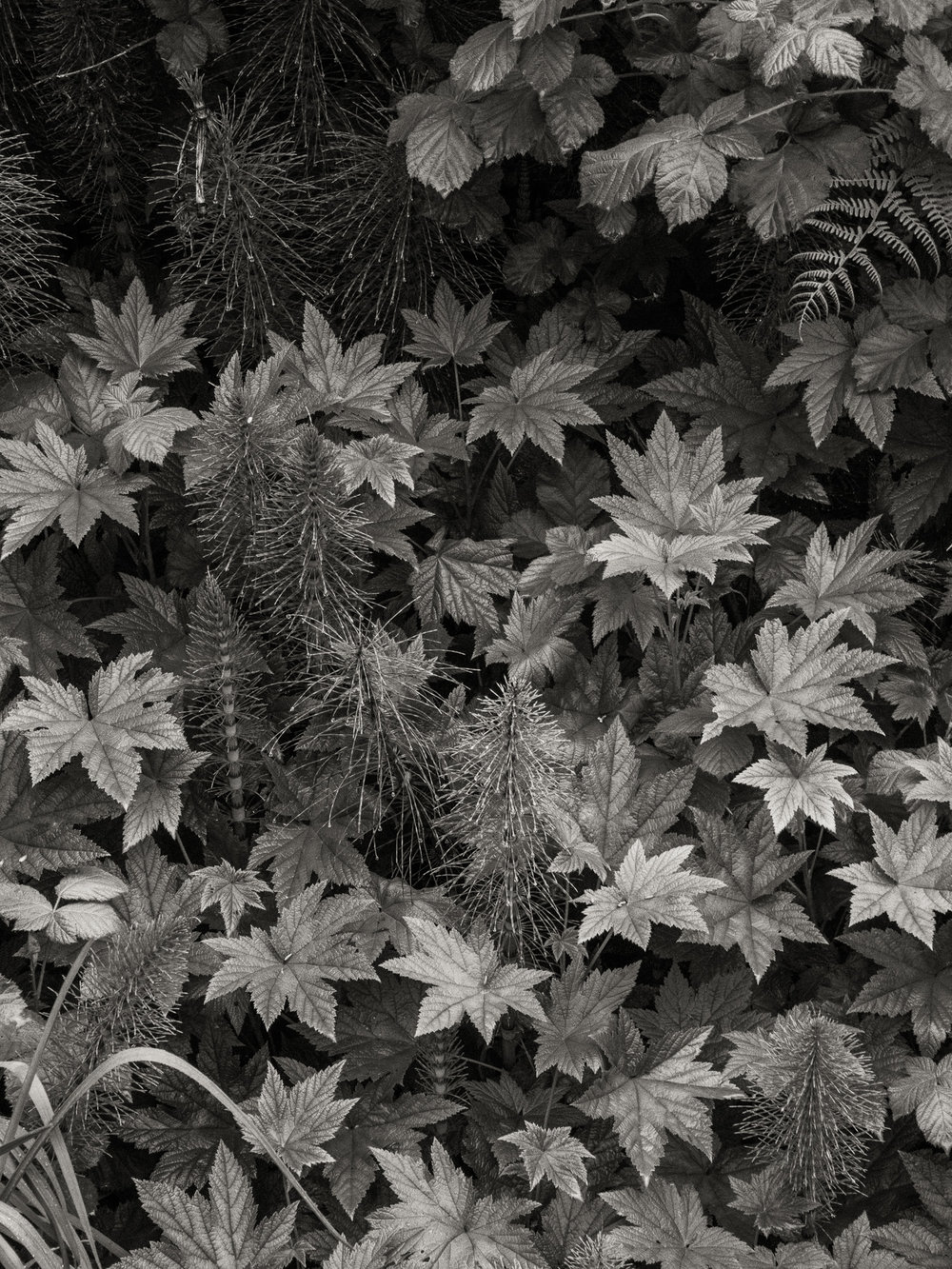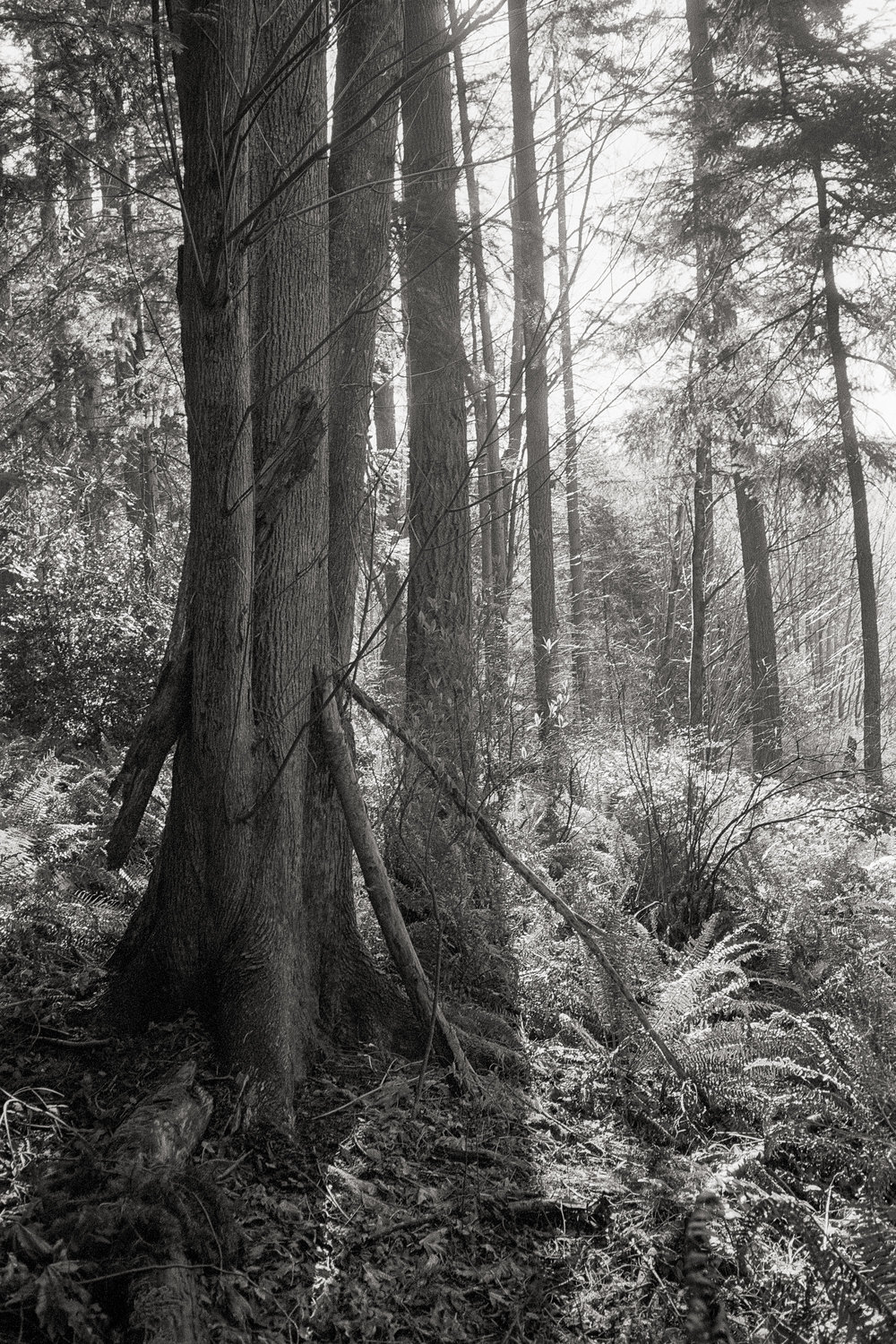This is the first chapter of a new weekly series called Artist Interviews, where I interview a photographer with a body of work I admire.
Brendon is a photographer I've been following for quite a while on Instagram. He's got quite an impressive collection of images from the forests of the PNW, making photographing trees look easy (it's not!).
All the images in this post were made by Brendon Holt.
Please, introduce yourself.
My name is Brendon; I am a writer and photographer from the Pacific Northwest region of the United States. Most of my writing can be found on my blog. My photo work can be found at my website, and of course my Instagram: @bmholt_.
You are a B&W photographer, even though you share some color on your Instagram every once in a while. Why Monochrome?
I have had a great love for B&W photography as long as I can remember so when it came to doing my own work B&W was a natural aesthetic choice.
More to the point, as I have explored both B&W and color over the years I have come to the conclusion that B&W allows me to explore subjects in a way that would be more difficult to do in color.
Rendering a scene in B&W can force us to experience things in ways that we might not have if we were shown the same scene in color, in part because B&W is a step outside of our everyday familiarity with things.
A color landscape can often be simply a color landscape, but the same landscape rendered in B&W opens up a space for a new kind of encounter with that landscape, an encounter which might move us to think or feel differently about it than we usually would.
As an addendum, interestingly I do shoot more color as of late than I have in the past, but I don't know if this trend will stay or if I'll ultimately revert back to exclusively B&W like I usually do. We will see.
I like to think of you as the "Photographer of the Forest." I've not seen such a dedication to trees in a long time. What is it about your subjects that you love so much? What are you trying to capture?
My focus on trees and forests is, I think, simply part of a larger focus on the "natural" world and the glory of what the American poet Robinson Jeffers has often termed "the inhuman".
More thoroughly put, it refers to the world beyond the limited domain of the human being.
I actually began to take photography more seriously at a rather dark point in my life, at a time when I had begun to take daily walks in the forest just to be able to clear my mind and find a slight reprieve from my depression.
And in time I suppose that I found in those walks in the forest and more broadly in the realm of nature a kind of salvation, a radical shift in my perspective away from the world of humanity outward, toward that vast, cosmic, indescribable glory of the world beyond our narrow all-too-human focus.
Photography became a way of attempting to show that experience, to express the truth and beauty that I had found in those places.
So, in many ways, it is simply that experience that I am trying to capture. Attempting to do my best to express that religious/spiritual experience that comes from that kind of cosmic shift in perspective.
Trees and forests are simply one avenue by which I explore that experience, although it is by no means the only possible avenue; it may be seen and felt wherever one may encounter the immense glory of the world beyond ourselves.
You share more than visual art on your Instagram account: personal reflections, philosophical thinking and poetry. But it looks like you delete those posts afterwards and your website only showcases your imagery. Do you see them as two completely different artistic works? How much does each side influence the other?
Ha! I don't have any real reason for why I take the poetry down after a few days other than my own neurotic tendency to want to keep the feed mostly visual for the sake of aesthetic order/consistency.
So I don't really consider them separate and have actually had plans to combine the images and words into a book format for some time now.
The writing centers on many of the same themes that my photo work is attempting to explore, as illustrated above, but in writing I am able to do so at a more critical, and conceptual level which is more difficult (if not impossible) to do with photographic work.
So there is definitely a constant back and forth between the writing and photography, both are involved in my engagements with these much larger themes that inform what I do.
It looks like Eastern philosophy has had a great impact on your spiritual life. How does it influence your photography?
I have spent a lot of time studying and practicing Taoism and Zen Buddhism over the course of the last two years or so, although I have moved away from them recently because of some growing spiritual / philosophical disagreements.
Looking back both remained largely secondary to the spiritual / philosophical influence of Robinson Jeffers and others as I explored them, however, so I am not sure to what degree I can say that they have had any special influence on my photography.
There are bits and pieces of it here and there that have worked their way into my writing / photography as I attempted to work my way through both Taoism and Buddhism, to be sure and I have found much to take and integrate into my perspective from both even if I have ultimately moved on from them.
You like reading. Recommend us a few books.
Oh boy, lemme see. In order of personal importance:
- The Selected Poetry of Robinson Jeffers
- The Ohlone Way: Indian Life in the San Francisco-Monterey Bay Area
- The Practice of the Wild
- Walden
- The Zhuangzi
- The Daodejing
How much of your work is analog and how much is digital?
Based on an estimate from perusing my Instagram feed (which goes back to January 2017) I would say 60% analog, 40% digital.
Although that is less accurate now since I shoot much more film now than I used to. And as a general rule I definitely prefer to shoot film, for a whole host of reasons.
What's your favorite film stock?
In an ideal world I would say Ilford Pan F. It's a beautiful 50 speed black and white film that has an absolutely gorgeous rendering.
But in the real world, since I generally dislike carrying around a tripod, cable release, and assorted gear to shoot slow films, I shoot predominantly HP5. It's just a wonderfully versatile film that can do everything I need it to do.
Bonus: My developer of choice is Ilfotec HC.
One camera, one lens.
This is essentially how I shoot, so I 'll have to say my Leica M4-2 paired with the capable little Voigtlander 35mm f/2.5 Color Skopar.
Where do you see yourself and your photography in 5 years?
Oh, this question. I barely think a week in advance so this one is tough.
I can say that I have been feeling the urge to start doing more "substantial" work recently, for lack of a better term.
Instagram is a great platform and I love the community there but just producing work and throwing digital copies into the void has started to feel a bit, well, empty. Like I need to start putting my energy into work that is a bit more "real".
As I alluded to earlier I have been going over the concept of a book project that attempts to blend my writing and photography into a larger, more coherent project for some time.
So I think if we're talking about the future of my work, that is probably where I see it going. Bringing those two facets of my engagements with those large themes that we talked about earlier together into a more substantial piece, or more likely, a number pieces.
Thank you so much, Brendon, for taking the time to share your images and thoughts with us!
Remember, you can follow Brendon on Instagram or his website.










